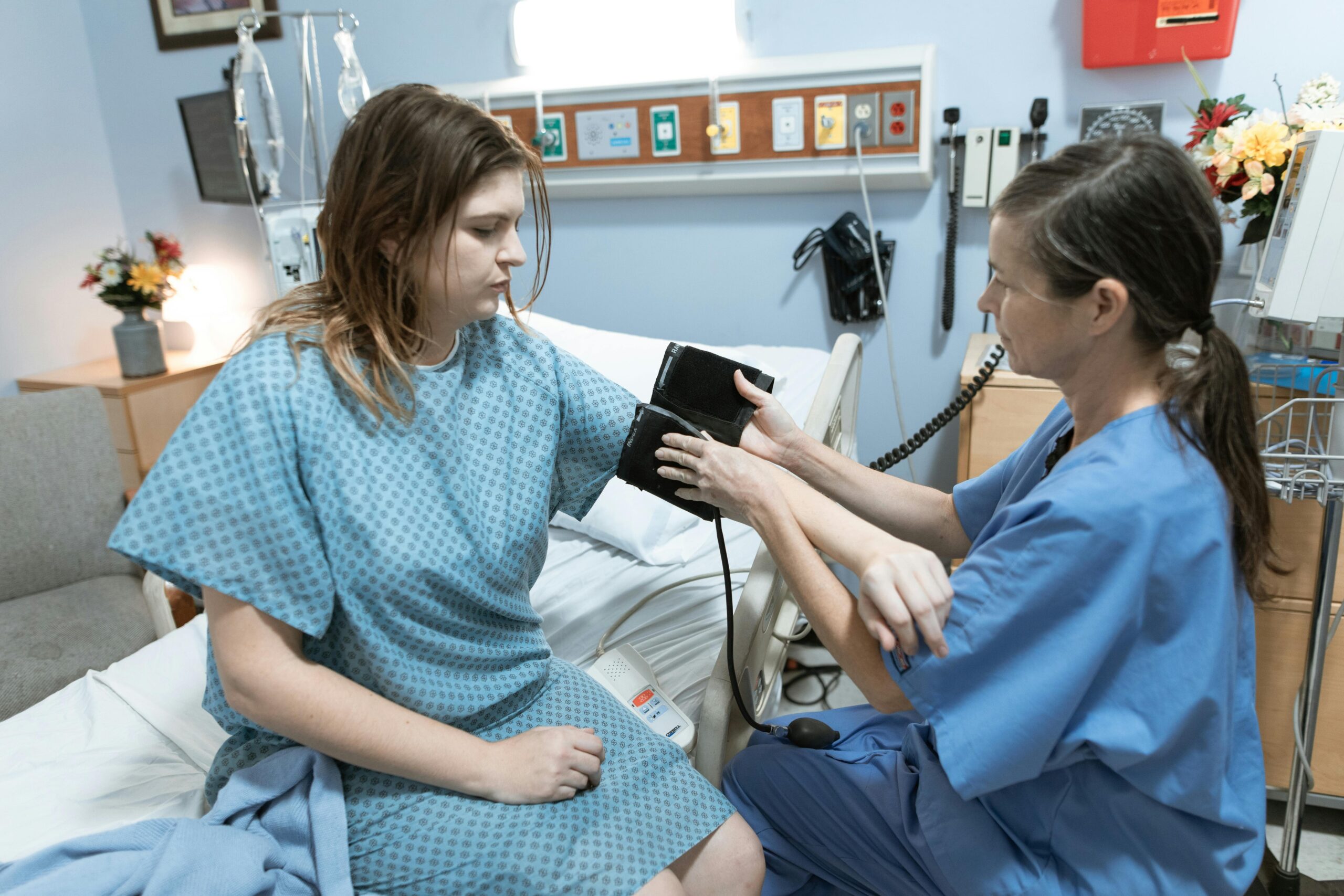Table of Contents
ToggleDemystifying Drug & Alcohol Detox: What to Expect During the Detox Process
For many individuals battling addiction, the thought of addiction detoxification (detox) can be daunting. The uncertainty, fear of withdrawal symptoms, and the potential discomfort associated can often act as barriers to seeking help. To better understand and navigate this crucial step towards recovery, it’s essential to demystify the detox process. Here’s what you can expect during the process.
Understanding Detoxification
At its core, detoxification is the process of removing toxic substances from the body. In the context of substance abuse, it refers to the period and process during which the body clears itself of drugs, alcohol, or other addictive substances. Detox provides a safe environment for managing withdrawal symptoms.
Initial Assessment
Before starting detox, you’ll undergo a comprehensive evaluation. This assessment will:
- Determine the type and amount of substance used
- Assess mental and physical health
- Understand the history of substance use
- Evaluate any coexisting medical or mental health conditions
This information is crucial as it allows the healthcare team to tailor the detox process to individual needs, ensuring safety and increasing the chance of success.
Types of Detox Programs
Depending on the substance of abuse, duration of use, and individual health considerations, you might be placed in one of the following programs:
- Inpatient Detox: This is the most intensive form of detoxification, where individuals stay in a specialized facility with 24/7 medical supervision.
- Outpatient Detox: Suitable for those with mild-to-moderate withdrawal symptoms, allowing individuals to undergo detox while living at home.
- Medically Supervised Detox: Here, medical professionals provide medications to alleviate withdrawal symptoms and ensure safety.
The Withdrawal Phase
Withdrawal symptoms can vary depending on the substance, the duration of addiction, and individual health factors. Common symptoms might include:
- Anxiety or depression
- Fatigue
- Changes in appetite
- Nausea or vomiting
- Sweating or fever
- Irritability
- Mood swings
- Sleep disturbances
For substances like alcohol, benzodiazepines, or opiates, withdrawal can also include severe symptoms like hallucinations, seizures, or delirium tremens. It’s essential to have medical supervision during detox due to potential complications.
Medication-Assisted Detox
Depending on the substance of abuse and the severity of addiction, medical professionals might prescribe medications to ease withdrawal symptoms and cravings. For instance:
- Opiate Detox: Medications like Methadone or Buprenorphine can be used.
- Alcohol Detox: Benzodiazepines or antipsychotic medications can help manage severe withdrawal symptoms.
Psychological Support and Therapy
Detox isn’t just about physical healing. Psychological support is paramount during this phase. Counselors or therapists often provide:
- Counseling Sessions: To address emotional and psychological challenges.
- Group Therapy: To share experiences and foster a support system.
- Education Sessions: To understand addiction and the importance of continued treatment post-detox.
Post-Detox Transition
Detox is an initial step towards recovery. Once the process concludes, the journey continues, often transitioning into a more extended rehabilitation program. This phase focuses on:
- Developing coping strategies
- Understanding the root causes of addiction
- Building a robust support system
- Learning relapse prevention techniques
The Importance of a Personalized Approach
No two individuals experience detox the same way. Personal, biological, and situational factors all play a role. As such, it’s crucial for detox programs to adopt a patient-centric approach, providing tailor-made treatments that cater to individual needs and challenges.
Conclusion
Embarking on a drug & alcohol detox journey is a brave step towards reclaiming one’s life from the clutches of addiction. By understanding what to expect during the process, individuals can approach this phase with confidence, better equipped to manage challenges and remain committed to the path of recovery.
It’s essential to remember that detox is just the beginning. Comprehensive treatment and a robust support system are crucial for long-term sobriety and well-being.
You can learn more about our alcohol addiction treatment here and opioid addiction treatment here.




